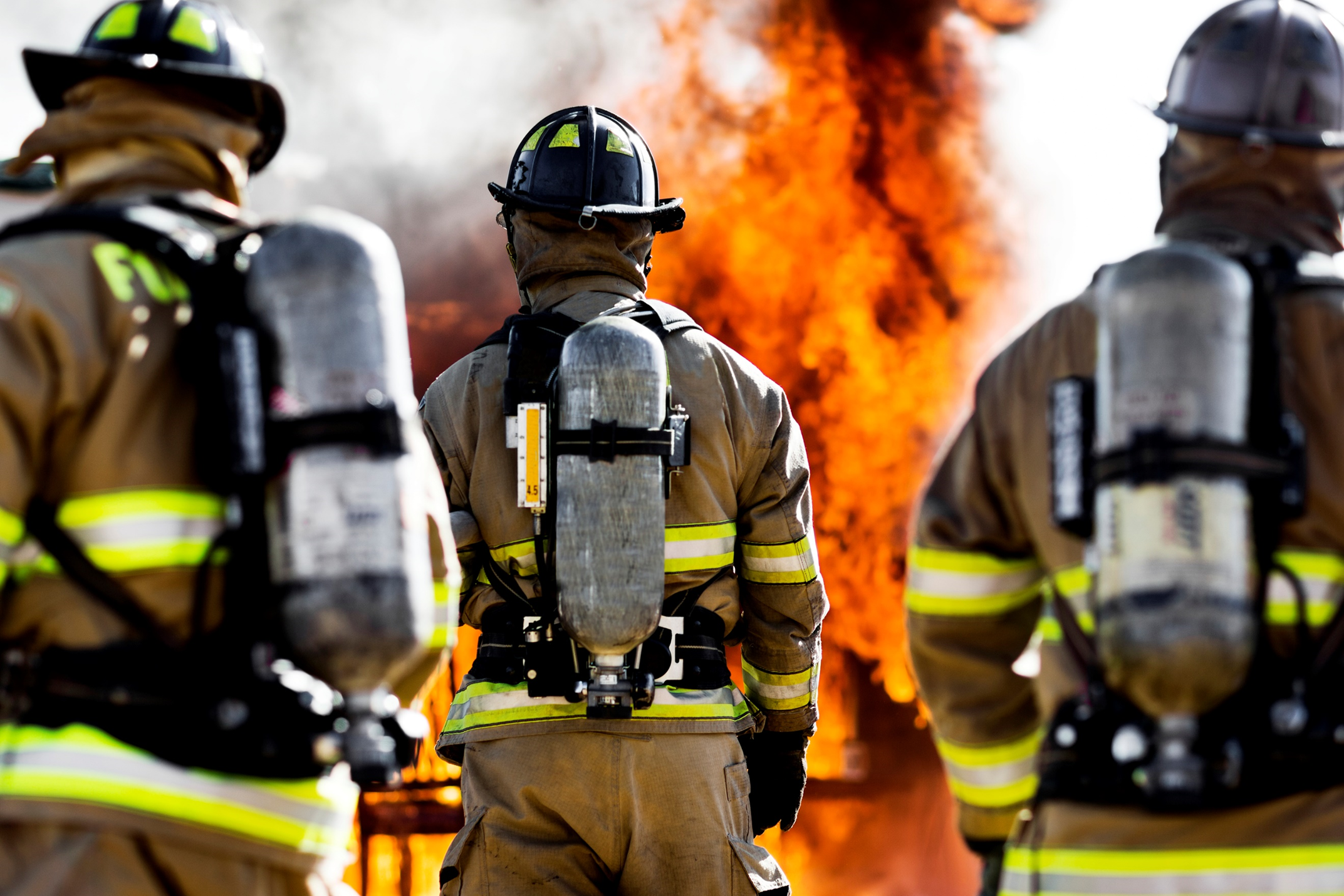Ensuring Industrial Safety: Fire Protection Engineering
In the realm of industrial operations, safety is a non-negotiable requirement. Among the myriad of safety considerations, fire protection engineering studies emerge as an important step to protect against fire hazards protecting people, the environment, and the plant. By adhering to the National Fire Protection Association (NFPA) codes and regulations, these studies serve as the foundation of a design that will introduce best practices for safety and reduce the risk of potential disasters.
Understanding Fire Protection Engineering Studies
Fire protection engineering studies include a comprehensive examination of a facility's infrastructure, operations, and potential hazards concerning fire and explosion incidents. For instance, every facility is expected to develop and maintain a ‘Fire Protection Design Basis’ study that helps to outline a framework of safe site operations.
These studies encompass a range of crucial elements, including but not limited to:
Risk Assessment: Evaluating the likelihood and potential impact of fire incidents based on factors such as, components of fire triangle (fuel, air, and ignition sources), nature of materials, chemical processes, nature of adjacent occupancies, and facility siting and layout all contribute to identify hazards, estimate consequence, analyze the possibility of realistic scenarios and build a clear picture of nature of protection required to operate safely and on sustainable basis.
Compliance with Codes: Ensuring strict adherence to codes and standards tailored to specific industries and processes, such as NFPA 30 for flammable liquids, NFPA 70 National Electrical Code for electrical safety, NFPA 400 for hazardous materials, and similar other NFPA, API, CAN/ULC, ASTM, standards help to ensure safe operations. This also comes with a responsibility to maintain safety systems through regular Inspection Testing and Preventative Maintenance (ITPM) Programs. Other discussions include variance to codes, alternative solutions, and impairment planning of fire protection systems.
Active and Passive Fire Protection Systems: Designing and implementing robust active and passive fire protection systems such as fire and gas detection systems, fire suppression systems, fireproofing, and advanced suppression technologies for special circumstances of facility are key barriers to mitigate risk.
Escape Routes and Evacuation Plans: Developing clear evacuation routes and protocols to facilitate swift and safe evacuation in the event of an emergency is extremely important.
Emergency Preparedness and Response: Establishing protocols, acquiring resources, and maintaining training programs such as Incident Command System (ICS) helps to equip personnel with the knowledge, resources, and skills needed to effectively respond to incidents, minimizing potential damages. Frequent emergency response drills and table top exercises help to prepare staff for potential emergencies.
Importance in Industrial Projects and Operations
In industrial settings, where complex processes, hazardous materials, and high-risk environments converge, the significance of fire protection engineering studies cannot be overstated. Here's why they are crucial:
Safeguarding Personnel: The safety and well-being of personnel are paramount in any industrial undertaking. Fire protection engineering studies prioritize the implementation of measures to protect workers from fire hazards, fostering a culture of safety and resilience within the organization.
Preventing Losses: Industrial fires can result in catastrophic losses, including loss of life, property damage, environmental contamination, and operational disruptions. Fire protection engineering studies proactively identify and mitigate potential fire hazards, significantly reducing the likelihood and severity of such incidents.
Legal Compliance: Adherence to codes and regulations is not merely a matter of best practice but a legal requirement. Failure to comply can lead to severe penalties such as stop orders, litigation, and damage to the company's reputation. Fire protection engineering studies ensure that industrial facilities meet or exceed these stringent standards, safeguarding both legal compliance and corporate integrity.
Protecting Investments: Industrial projects entail significant investments in infrastructure, equipment, and resources. By integrating robust fire protection measures from the outset, stakeholders safeguard these investments against the threat of fire-related damages, thereby ensuring the long-term viability and sustainability of the operation.
Putting it in Practice
In the dynamic landscape of industrial projects, where innovation and progress coexist with inherent risks, fire protection engineering studies are an indispensable step to ensure safety and security. By embracing these studies and adhering to codes and regulations, industrial facilities fortify their defenses and reduce the risk of fire hazards, protecting lives, assets, and the environment.
Contact a RskLess representative to help understand the role of fire protection engineering studies in ensuring a safer, more resilient future for all.

